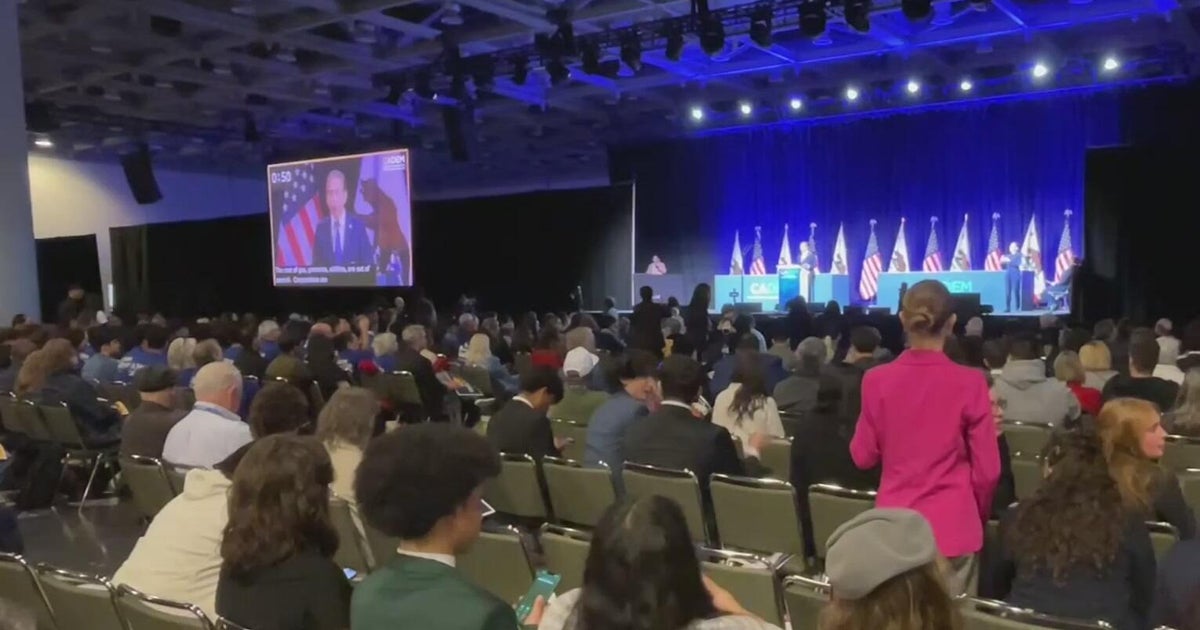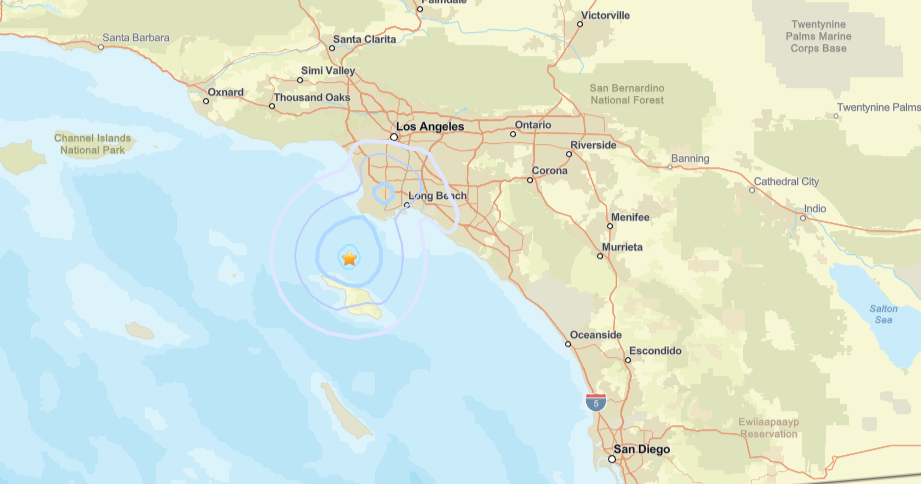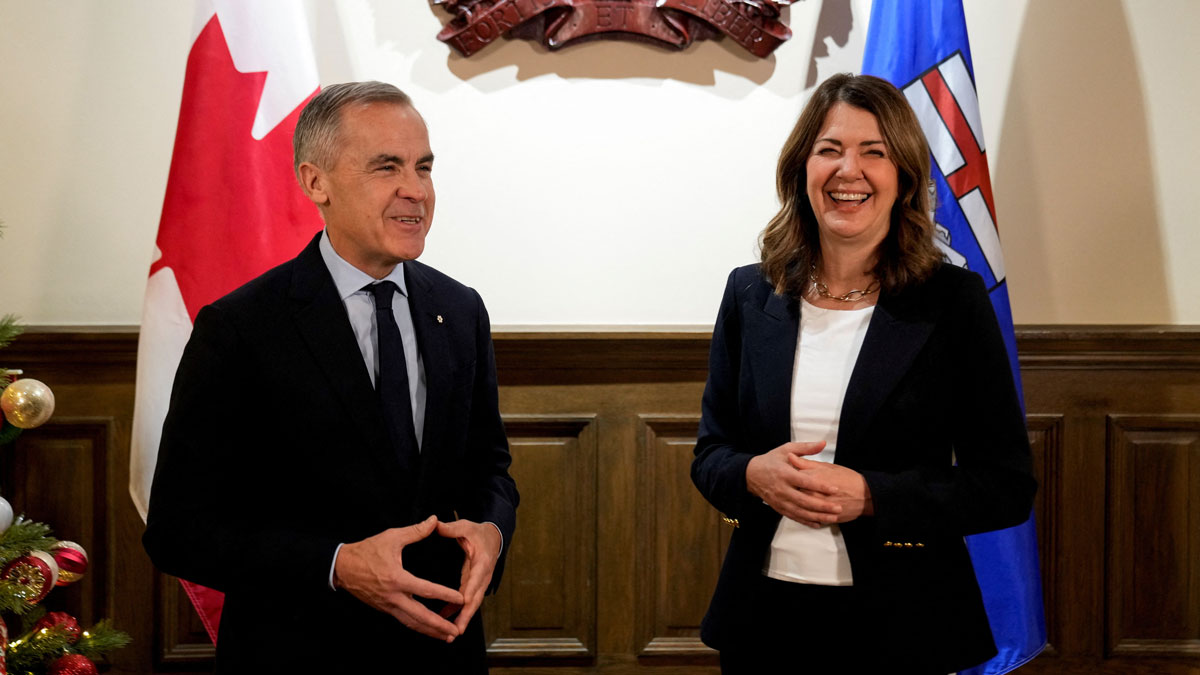World leaders "disappointed" in results of climate talks after little achieved during 12-day COP25 event
After two weeks of deliberations, the United Nations climate talks in Madrid ended on Sunday with widespread disappointment.
Delegates from nearly 200 nations attended the 2019 United Nations Framework Convention on Climate Change (COP25). They were kept 40 hours past their planned deadline.
But some of the most urgent items on the agenda ended up being deferred until next year's COP26 in Glasgow, Scotland, and many leaders were unhappy with the results.
"I am disappointed with the results of #COP25," U.N. Secretary General António Guterres said in a statement.He added that despite having "lost an important opportunity" to tackle the climate crisis, "we must not give up."
Helen Mountford, Vice President for Climate and Economics at the World Resources Institute, said "the negotiations fell far short of what was expected," and "the can-do spirit that birthed the Paris Agreement feels like a distant memory."
The goal of the 12-day summit was to hammer out the rules of the 2015 Paris climate agreement and make progress on some of the more technical issues that are still pending.
"It's four years now and they haven't completed the rule book," Frank Jordans, climate change reporter for The Associated Press, told CBSN. "They fell short on both fronts."
One of the key issues was a section of the Paris climate agreement that would create a new international market for the trading of carbon permits. However, the issue was pushed to 2020.
Former U.K. climate minister Claire Perry O'Neill, who will be president of the Glasgow summit next year, argued it was better to have no deal on the carbon markets than a bad one. The U.K. would "pull no punches" in making the scheme work for everyone next year, she tweeted.
Another focus at COP25 was finding a way to help countries affected by the impacts of climate change and giving them the ability to claim economic losses from richer ones. Little progress was made on that front, too.
"Everything is agreed by everybody or nothing is agreed," Jordans said about the final agreements being so basic. He told CBSN that when a country has an issue with the agreement, it's hard to compromise, and therefore no deal is made.
"On virtually each item on the agenda, a few large and powerful countries with vested interests in coal, oil and gas, stubbornly blocked progress," May Boeve, executive director of the renewable energy activist group 350.org, said in a statement.
According to UN News, some glimmers of hope came out of the talks. For example, the European Union announced its plan to slash carbon emissions to net-zero by 2050. Global businesses also pledged to do more: 177 companies said they aim to reach net-zero emissions by no later than 2050. That is more than double the number of companies that made the pledge at the UN Climate Action Summit in September, UN News said.
The Paris accord's five-year review will take place shortly after the United States holds its presidential election next year. Because President Trump pulled out of the Paris climate agreement, his reelection would mean the U.S wouldn't be part of next year's climate conversations.



